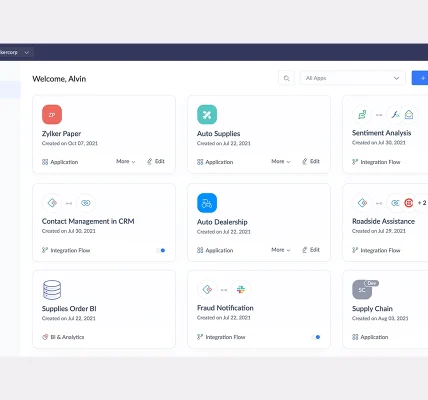Let’s be honest—startups have always thrived on disruption. But what happens when the disruptors get disrupted? That’s exactly what decentralized technologies like blockchain, DAOs, and Web3 are doing to traditional startup ecosystems. And it’s not just a ripple—it’s a tidal wave.
How Decentralization Changes the Game
Traditional startups follow a well-worn path: pitch to VCs, secure funding, scale, exit. But decentralized tech flips the script. Here’s how:
- No gatekeepers: Instead of begging for venture capital, projects can raise funds globally through token sales or DAO treasuries.
- Community-driven growth: Users aren’t just customers—they’re stakeholders with voting power.
- Trustless systems: Smart contracts automate agreements, cutting out middlemen (and their fees).
Sure, it’s messy right now. But the potential? Massive.
The Good, the Bad, and the Decentralized
Advantages for Startups
Decentralization isn’t just hype—it solves real problems for founders:
- Faster funding: ICOs and IDOs can raise millions in hours, not months.
- Global talent pools: DAOs hire contributors worldwide, no visas required.
- Aligned incentives: Tokens reward early adopters, creating organic growth loops.
The Challenges (Because Nothing’s Perfect)
But—and there’s always a but—decentralization brings headaches too:
- Regulatory gray areas: Is a token a security? Depends who you ask (and where).
- Coordination chaos: DAO decisions move at the speed of, well, internet arguments.
- Speculative bubbles: When prices swing 50% in a day, building gets… distracting.
Real-World Shifts Happening Now
This isn’t theoretical. Traditional startups are already adapting—or getting left behind. A few trends worth watching:
| Traditional Model | Decentralized Alternative |
| VC funding rounds | Community token sales |
| Centralized platforms (Uber, Airbnb) | Protocol-owned marketplaces |
| Proprietary data silos | Open, user-owned data |
Take DeFi (decentralized finance). In 2023, DeFi protocols processed over $100B in transactions—without a single bank. That’s not just competition; it’s a whole new playing field.
What This Means for Founders
If you’re building a startup today, ignoring decentralization is like ignoring mobile in 2010. Here’s the deal:
- Hybrid models are emerging: Many startups now blend traditional equity with token incentives.
- Community is everything: Discord servers often matter more than pitch decks.
- New skills required: Understanding smart contracts isn’t optional anymore.
And honestly? The most successful founders won’t just adapt—they’ll help shape the rules of this new game.
The Big Question: Evolution or Revolution?
Will decentralized tech complement traditional startups—or replace them entirely? Well, history suggests both. Email didn’t kill snail mail; it just changed what we use it for. Similarly, DAOs won’t erase corporations… but they’ll force them to evolve.
One thing’s certain: the startups that survive won’t look like the ones we’re used to. And that? That’s exciting.






